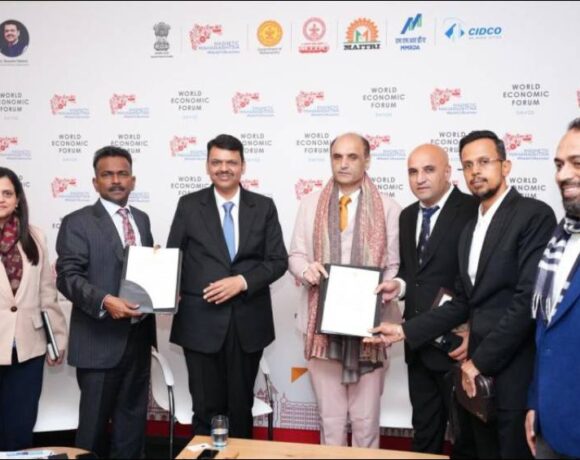Mayer & Cie’s China Subsidary Shifts Headquarters to Jintan

Mayer & Cie. CN Changzhou LLC, the Chinese subsidiary of the German circular knitting and braiding machine manufacturer has changed its headquarters from Shanghai to Jintan in Jiangsu Province.
The new location within a Sino-German Innovation Park comprises a production hall of around 5,000 square metres.
“In future, the circular knitting machines assembled for the domestic market will increasingly consist of locally sourced parts and components from various suppliers,” the German company said in a statement.
All suppliers have been qualified to comply with and implement the high Mayer & Cie. standards to make sure there will be no compromises in terms of quality.
Since 2011, Mayer & Cie. has been assembling selected machine types for the domestic market at its Chinese plant in Shanghai.
It started with a single jersey machine for the most common requirements. But currently, China’s domestic portfolio includes four types of machines.
Until now, the knitting heads for these circular knitting machines had been pre-produced at the Mayer & Cie. plant in the Czech Republic and then transported to China.
“It made perfect sense for the start of the assembly line. Now onwards we will source all parts and components of the machines assembled in China from various local suppliers,” Benjamin Mayer, at Mayer & Cie. Said.
‘This allows us to offer our local customers more attractive prices and faster delivery times with the same quality standards. We also expect this change to improve the positioning of our products,” he added.
In addition, the new plant will be connected to the parent company in Albstadt via an SAP connection, which will increase efficiency, transparency and quality.
In addition, the province of Jiangsu generally offers very good conditions for industrial companies, as both well-trained workers and a large number of potential suppliers are located there.
Companies located in the German Chinese Innovation Park enjoy various advantages, including attractive location costs as well as proximity and exchange with other German companies.
In addition, the administration of the SGIP supports companies in their search for employees, suppliers and service providers.
The project has been on the agenda since 2018, but its implementation was delayed for a long time due to the Chinese entry ban as a result of the Corona pandemic.
Preparations for the move did not begin until June 2023, which will now be completed in the first quarter of 2024 and production will start in April.














